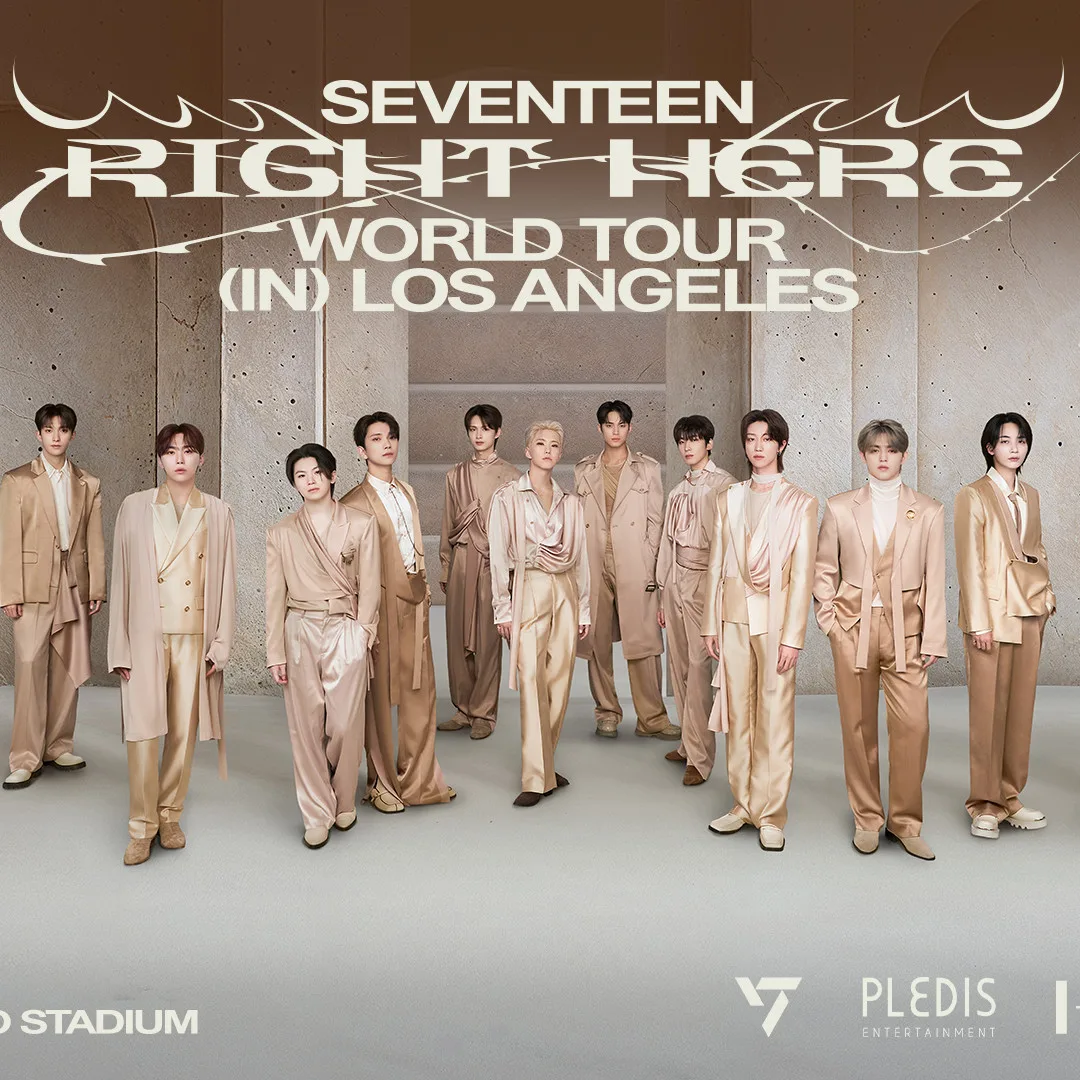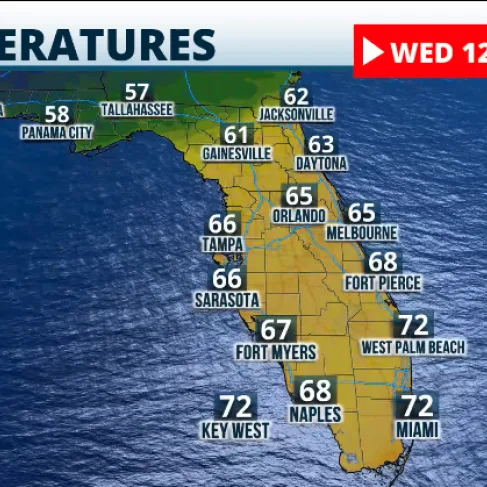The Korean entertainment landscape is undergoing a significant transformation following the recent announcement by the Ministry of Culture, Sports and Tourism. Aiming to ensure greater fairness and transparency in the industry, new regulations have been set to take effect from March 2025. These regulations will affect contract terms between artists and entertainment companies, particularly focusing on the duration of contracts and the sharing of revenue. As part of the push for reform, the ministry has emphasized the importance of safeguarding artists’ rights, stating, “We are committed to creating a more equitable industry that supports our creative talents and provides them with fair compensation for their work.” The changes will introduce limits on the length of contracts, capping them at a maximum of seven years, and require companies to provide a detailed account of earnings to their artists, ensuring transparency in financial dealings. Moreover, the ministry urges organizations to cultivate a more supportive environment for emerging talents, signaling a shift towards prioritizing artist welfare over profit maximization. Industry stakeholders have welcomed these changes, with many voicing support for the new regulations as a necessary step towards reform in a historically unregulated industry. Critics, however, warn of potential pushback from some entertainment agencies who may resist the changes. In addressing the agents, the ministry representative stated, “These guidelines are designed to protect not only our stars but also to strengthen the backbone of the Korean entertainment scene as a whole.” The announcement has sparked a wave of discussions in various media outlets, with fans and industry experts weighing in on the potential impact on the future of K-pop and other entertainment sectors, signaling an era of increased scrutiny and accountability in the business.
Korean Entertainment Industry Faces Major Shift with New Regulations











